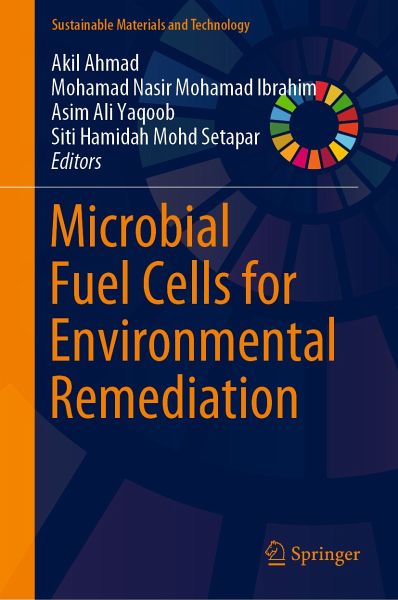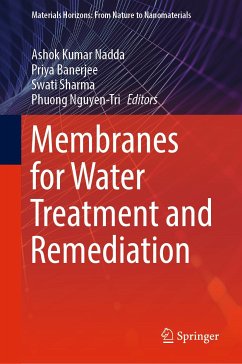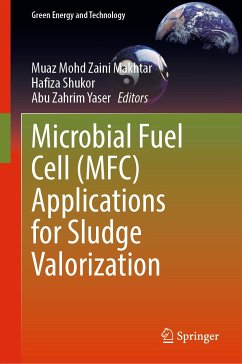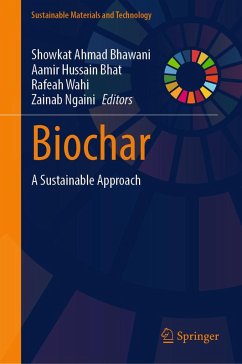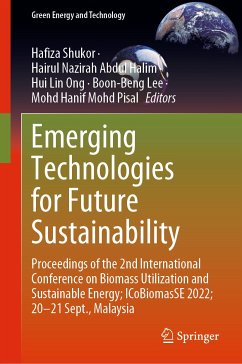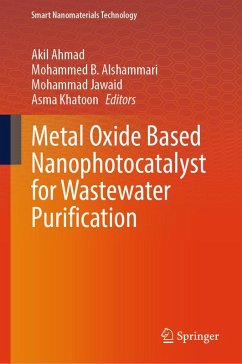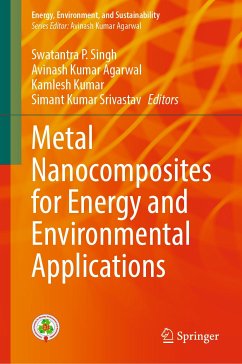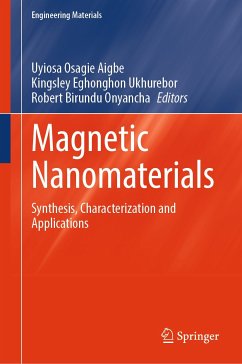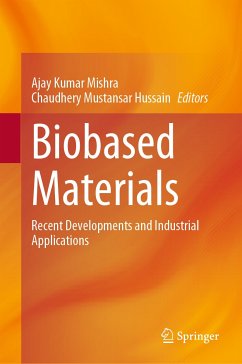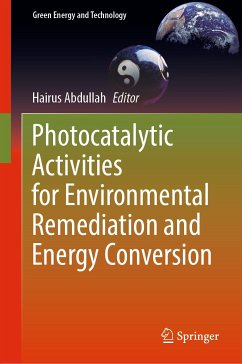Dr. Akil Ahmad currently working at Prince Sattam bin Abdulaziz University, Saudi Arabia as Assistant Professor in Chemistry and having the experience of seven years as Research Fellow, Teaching Fellow, Postdoc and Visiting Researcher from Universiti Teknologi Malaysia, Universiti Sains Malaysia, University of KwaZulu-Natal, South Africa and Universiti Kebangsaan Malaysia, Malaysia. He has completed Ph.D. in Analytical Chemistry (2011) with the topic "Modification of resin for their use in the separation, preconcentration and determination of metal ions" from Aligarh Muslim University (AMU), India. His research interest in the areas of environmental pollutants and their safe removal, synthesis of nanoparticles and Nano-sorbents (GO, CNT), photo-degradation and antimicrobial effects, water and wastewater treatment and adsorption and ion-exchange. He has published more than 100 research articles and chapters in the journals and publishers of international repute such as Scientific reports, Talanta, Chemical Engineering Journal, Journal of Industrial and Engineering Chemistry, Journal of Molecular Liquids etc. He has also edited five books of Springer and Elsevier. H-index and citation in Scopus are 23 and 1942 and in Google scholar, H-index and citation are 26 and 2546. He is guest editor of many reputed journal namely Adsorption Science and Technology -Hindawi, Polymers MDPI, Frontiers in Environmental Chemistry and Journal of Chemistry, Hindawi. Dr. Mohamad Nasir Mohamad Ibrahim obtained his B.Sc. (1994), M.Sc. (1997) and PhD (1999) from Missouri S&T (formerly known as University of Missouri-Rolla, USA). He is currently served as Associate Professor in the School of Chemical Sciences, Universiti Sains Malaysia (USM). He had published more than 120 journal articles, 17 book chapters and 5 academic books throughout his twenty-year career in USM including "Graphene: A Versatile Advanced Material." Currently, his Scopus h-index is 27 with 2716 citations and he had been granted with ten patents for his R&D products/processes where five of them are at an international level. More than thirty research grants (one international grant and five industry grants) were secured and utilized to support his team's research activities. He had received fourteen international awards for his research outputs and currently serve as Guest Editor for Frontiers in Chemistry. He had supervised more than 20 graduate students. His main research areas are lignin and lignocellulosic materials, nanoparticles, graphene and biomaterials and petroleum engineering. Recently, he is busy working in the microbial fuel cells topic especially in developing a novel electrode and had published 4 Q2 and 1 Q1 papers in well-reputed journals such as Chemical Engineering Journal, etc. At the moment, he is the pioneer on MFCs research topic in the School of Chemical Sciences, USM. He enjoys sharing his industrial experience, where hespent two and half years worked as a R&D Manager at NSE Resources Corporation Sdn Bhd., in his classes. Asim Ali Yaqoob is currently working as PhD scholar at School of Chemical Sciences, Universiti Sains Malaysia (USM) under the supervision of Dr. Mohamad Nasir Mohamad Ibrahim. His area of interest is wastewater treatment and currently his project is on microbial fuel cells. He has published 10 articles in high reputed journals and several book chapters. He also a co-author for an academic book (Graphene: A Versatile Advanced Material) publisehed by USM Press, Malaysia. He has completed M.Phil in Material Chemistry (2018) with the topic of "Designing and characterizing of Ag@Polycarbazole nanocables" from Mirpur University of Science and Technology (MUST), AJK Pakistan. His Google scholar H-index and citation are 06 and 103, respectively, and has filed one patent for an industrial process. He has reviewed several manuscripts for various journals such as Journal of Energy, Environmental and Chemical Engineering (JEECE) (ISSN Online: 2637-434X) and RSC Medicinal Chemistry (ISSN 2632-8682). He enjoys sharing his industrial experience, where he spent one years worked as a research assistant at Ekahala Resources Sdn Bhd, Malaysia. Assoc. Prof. Dr. Siti Hamidah Mohd Setapar is an academician at Malaysia-Japan International Institute of Technology and a research fellow at Center of Lipid Engineering and Applied Research, Universiti Teknologi Malaysia. Her research interests' are extraction of various colorants from natural source, wastewater treatment, adsorption, and micellar nanotechnology. Dr. Siti Hamidah pursues her Master degree at Universiti Teknologi Malaysia with her thesis "Penicilin G Extraction using Reverse Micelle Extraction Extraction Sytem" and then continues her Doctor of Philosophy degree at Loughborough University, UK, with thesis title "Reverse Micelle Liquid-Liquid Extraction of a Pharmaceutical Product." Shehas published 60 journal papers, won 50 innovation awards, awarded research grants and successfully secured four commercialization grants. She has been coached by Barbara Diehl (Innovation Academy, Dublin), BioEconomy Corporation, CEO of Al-Ikhsan Sports and Kosmetik Alwan, Platcom Ventures, Cradle, TERAJU, and Micheal Herrera (Branding Consultant). She obtained many supports from various agencies, and with that, she is now focusing on realizing her dream to provide high-quality-affordable products for her society that is based from her expertise in micellar nanotechnology, wastewater treatment.
